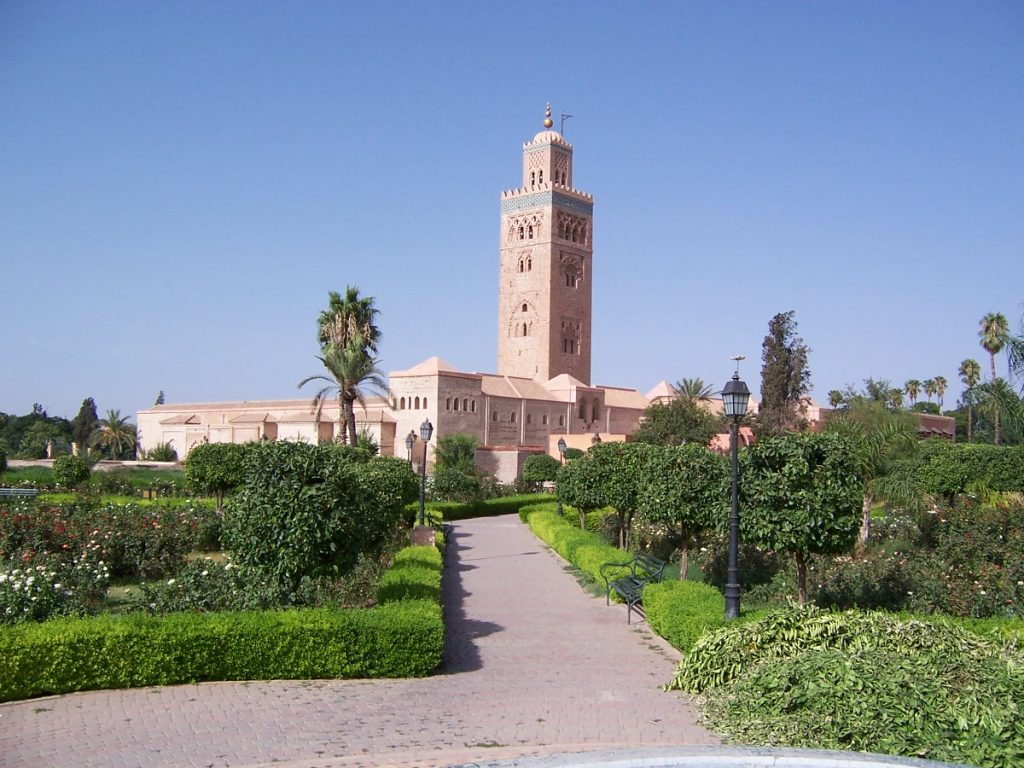Why Visit
In the Quran, the term Arabic: الأرض المقدسة (Al-Ard Al-Muqaddasah, English: “Holy Land”) is used in a passage about Musa (Moses) proclaiming to the Children of Israel: “O my people! Enter the holy land which Allah hath assigned unto you, and turn not back ignominiously, for then will ye be overthrown, to your own ruin.” (Surah 5:21) The Quran also refers to the land as being ‘Blessed’.
Jerusalem has particular significance in Islam. The Quran refers to Muhammad’s experiencing the Isra and Mi’raj as “a Journey by night from Al-Masjidil-Haram to Al-Masjidil-Aqsa, whose precincts We did bless …” (17:1).Ahadith infer that the “Farthest Masjid” is in Al-Quds; for example, as narrated by Abu Hurairah: “On the night journey of the Apostle of Allah, two cups, one containing wine and the other containing milk, were presented to him at Al-Quds (Jerusalem). He looked at them and took the cup of milk. Angel Gabriel said, “Praise be to Allah, who guided you to Al-Fitrah (the right path); if you had taken (the cup of) wine, your Ummah would have gone astray”. However, some modern scholars argue that the ‘Farthest Mosque’ was a building or prayer-site just outside Medina.The present building of Al-Masjid Al-Aqsa in Jerusalem had not been built in Muhammad’s day, and the Quran does not contain any other reference to Jerusalem, apart from the reference to the change of the Qiblah from Jerusalem to Mecca. Jerusalem was Islam’s first Qiblah (direction of prayer) in Muhammad’s lifetime, however, this was later changed to the Ka‘bah in the Hijazi city of Mecca, following a revelation to Muhammad by the Archangel Jibril, by which it is understood by scholars that it was in answer to the rejection by the Jews of Muhammed’s Prophetship.

